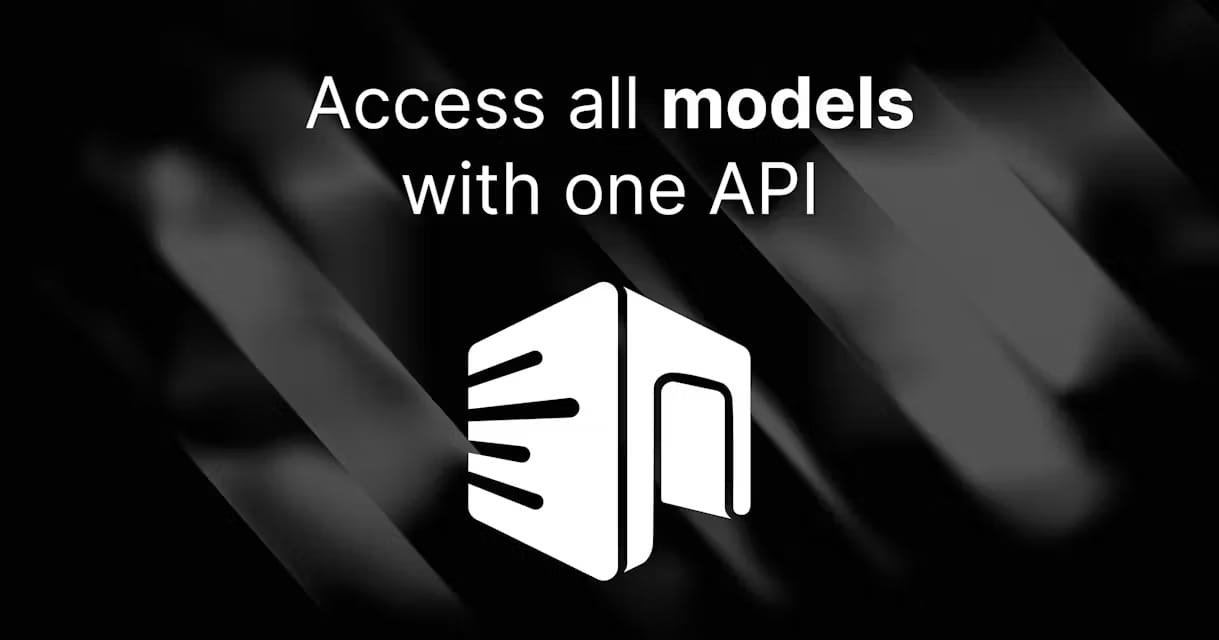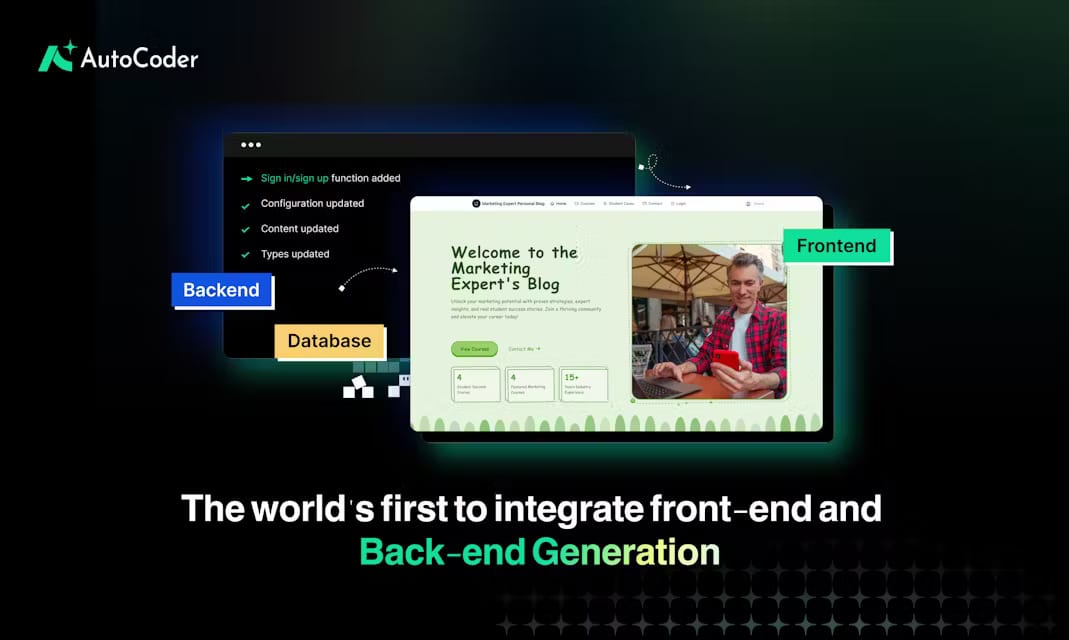Good morning. It’s Friday, July 4th.
On this day in tech history: In 1969, the Stanford Research Institute developed Shakey the Robot, which used a combination of computer vision, a problem-solving program called STRIPS, and basic AI to navigate and interact with its environment, pioneering autonomous robotics despite its limited 12-bit computer processing.
In today’s email:
OpenAI Denies Token, Gets Major Oracle Power
AI Agents Have Hit A New Gear
Meta Poaches SSI CEO After Failed Buyout
5 New AI Tools
Latest AI Research Papers
You read. We listen. Let us know what you think by replying to this email.
In partnership with React AI
Build Internal Enterprise Apps at Warp Speed with AI
Unlock the Future of Enterprise App Development.
No-code is history. React from scratch? That’s madness. Vibe coding is the future—and generic AI builders often fall short. Unless it’s RefineAI.
Forget black-box outputs and zero maintainability. RefineAI uses domain knowledge and the open-source Refine framework (31K Stars) to generate production-grade internal React apps.
✅Go beyond simple prompts! Extract complex project specifications from API docs and more.
✅Vibe coding your internal software. Use natural language to add any CRUD functionality, new resources and components.
✅Download or deploy! Download your project to continue development or deploy it with a single click.
✅Choose your own UI! With the Ant design, MUI and shadcn/ui options and more to come.
Thank you for supporting our sponsors!

Today’s trending AI news stories
OpenAI Locks 4.5 GW Oracle Buildout, Denies Robinhood Token Ties
OpenAI is scaling compute and tightening control over its brand and data pipelines. It has secured 4.5 GW of dedicated capacity from Oracle to power its Stargate AI systems, part of a $30B/year cloud commitment. Oracle will expand hyperscale infrastructure in Texas, Michigan, and Wyoming, doubling the Abilene site's footprint to 2 GW. The deployment ranks among the largest AI-dedicated compute expansions globally, underscoring the hardware demands of next-gen foundation models.

Stargate data center at Abilene, Texas | Image: w.media
Concurrently, OpenAI disavowed “OpenAI tokens” launched on Robinhood, calling them unaffiliated and unauthorized. The tokens, issued via an SPV (special purpose vehicle), falsely imply equity access. OpenAI clarified no shares were sold or transferable without consent.
In contrast, OpenAI is backing the ChatGPT Data Collective with Vana, where users upload chat logs, earn $GPT tokens, and vote on data usage, signaling support for on-chain data governance amidst intensifying AI–web traffic tensions. Read more.
AI Agents hit a new gear, running end-to-end and full stack with no humans needed
A new wave of agentic tools dropped this week, replacing manual workflows with autonomous AI execution.
HeyGen’s Video Agent handles full video production from a sentence or file, writing scripts, generating footage, casting virtual actors, and editing with pro-level timing. Touted as the first true “Creative Operating System,” it targets ad creators, product teams, and content marketers looking for speed at scale.
Replit’s upgraded Dev Agent, ‘Dynamic Intelligence,’ adds long-range reasoning, high-context understanding, live web search, and multi-step autonomy, writing APIs, debugging, and refactoring with minimal input.
Genspark has launched AI Docs, completing its trio of agentic tools alongside AI Slides and Sheets. It automatically generates rich, markdown-ready documents from simple prompts, handling structure, formatting, and flow with no templates or manual input.
And Shortcut, from Fundamental, tackles complex Excel workflows, solving championship-grade tasks 10x faster than human pros. In trials, it solved Excel World Championship Cases with over 80% accuracy in under 10 minutes, operating with zero formulas or macros.
Meta and SSI Lock Horns in Superintelligence Race
Superintelligence Inc. (SSI) just got a major shake-up. Co-founder Daniel Gross has exited the company and is now leading Meta’s new superintelligence division, Meta Superintelligence Labs (MSL), alongside Nat Friedman and ex-Scale AI CEO Alexander Wang. This comes after Meta’s failed attempt to buy SSI outright for a reported $32 billion.

Daniel Gross / Nat Friedman | Image: The Information
With Gross out, former OpenAI chief scientist Ilya Sutskever now runs SSI as CEO while continuing to lead its technical direction. Sutskever reiterated SSI’s singular mission: to build safe superintelligence without dilution from commercial product demands. Still, Gross’s departure raises questions about internal dynamics and timing, especially if SSI is nearing a major technical inflection point.
Now, with both Meta and SSI racing toward superintelligence, one with a centralized commercial engine, the other with a singular research mandate, the competition between their labs frames a defining chapter in the AI industry’s next wave. Read more.


5 new AI-powered tools from around the web

arXiv is a free online library where researchers share pre-publication papers.
📄 Does Math Reasoning Improve General LLM Capabilities? Understanding Transferability of LLM Reasoning


Thank you for reading today’s edition.

Your feedback is valuable. Respond to this email and tell us how you think we could add more value to this newsletter.
Interested in reaching smart readers like you? To become an AI Breakfast sponsor, reply to this email or DM us on 𝕏!






